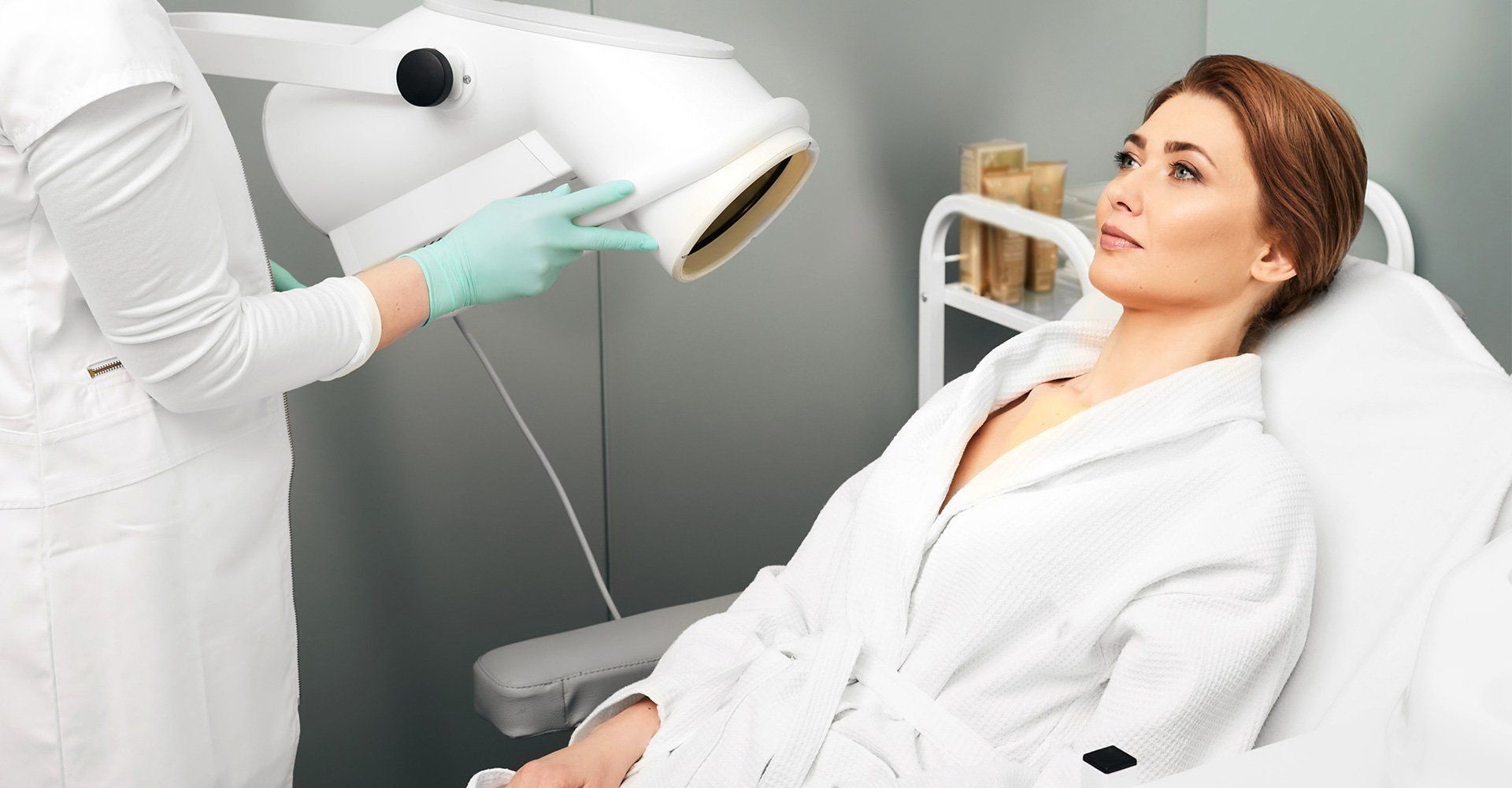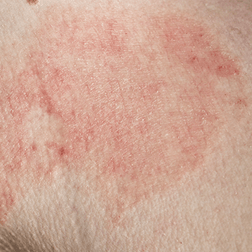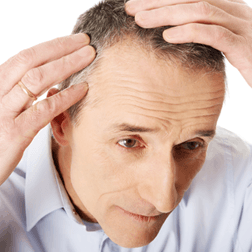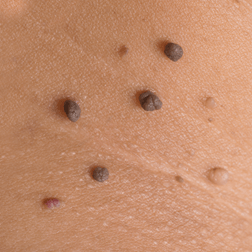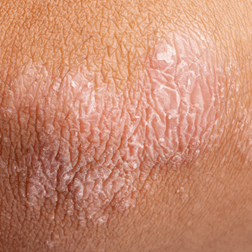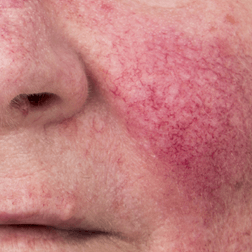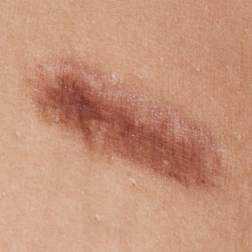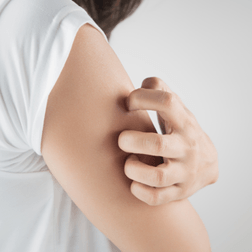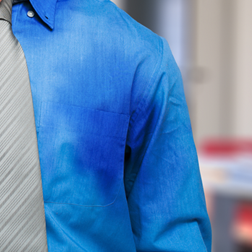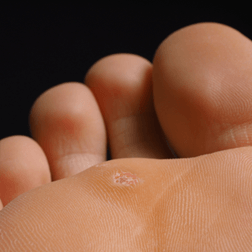City skyline
ButtonAcne
Acne usually occurs in the teenage years but can persist into ones 20s, 30s, 40s and 50s. A growing number of women experience acne on an everyday basis. If untreated, dark spots and permanent scars can appear on the skin. Acne consists of pores or papules congested with oil, bacteria and dead skin cells.
Aging Skin
Factors such as diet, lifestyle, heredity and other personal habits cause the aging of skin. Common skin conditions in the elderly are wrinkles, facial movement lines, dry and itchy skin, skin cancer, age spots and bed sores. One culprit of skin damage is UV light, which breaks down elastic tissue in the skin.
Treatments available:
City skyline
ButtonCity skyline
ButtonAutoimmune Conditions
Autoimmune conditions result from the immune system fighting against its own body systems, leading to damage of the skin and other tissues. Conditions resulting from autoimmune disorders affect the skin and internal organs. Skin diseases range from simple itching and irritation to serious and life-threatening conditions.
Eczema/Dermatitis
Eczema is a long-lasting disease usually noticed in children during the first year of life. Dry and scaly patches can be seen on the skin and are common on cheeks. Some infants cannot sleep due to the itching; severe itching and scratching can lead to skin infection.
Treatments available:
City skyline
ButtonCity skyline
ButtonFungal Nail Infections
The fungi for nail infections are found everywhere; 60-80% of nail infections are caused by fungus. It is not highly contagious but it may spread by intimate contact with the infected individual. Fungal treatment requires 9 to 12 months to make sure that the treatment has worked.
Fungal Skin Infections
Fungal skin infections are quite common and include athlete’s foot, jock itch and ringworm, among others. The infection occurs as a result of the body’s environment, whether it is cold and moist or warm and moist. The common symptoms experienced by fungal skin infections are burning, itching and scratching.
City skyline
ButtonCity skyline
ButtonHair Loss
Approximately 80 million cases of hair loss in men and women are due to heredity. Hair loss may also occur from medicine, diet and childbirth. If you experience hair loss, consult a dermatologist, because early treatment is beneficial and can result in hair growth. Be advised that not all hair loss requires treatment.
Hidradenitis Suppurativais
This is a condition that causes small, painful lumps to form under the skin.
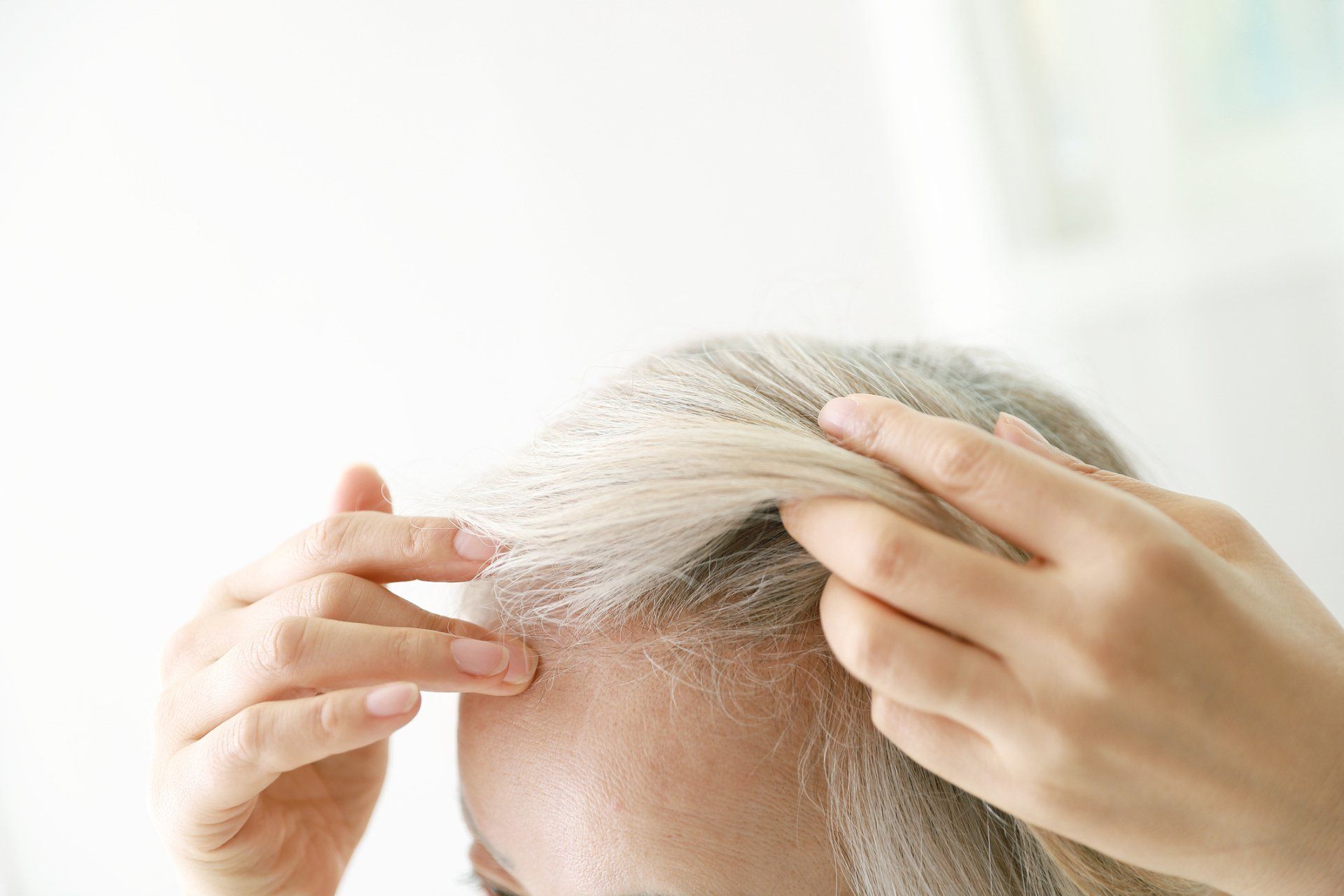
City skyline
ButtonImpetigo
Impetigo is a type of skin infection that affects approximately 1% of children, usually occurs on the face and extremities, and presents as blisters on reddened skin. Diagnosis is done by examination and culture.
Melanoma
Melanoma is a type of malignant skin tumor. The most common early signs of melanoma are irregular and unusual-looking moles. Melanoma causes itching, bleeding and pain. UV light is a major cause of melanoma, so those with sun-sensitive skin and individuals who tan are more commonly affected by melanoma. Previously, men and women in their 50s were more often diagnosed with melanoma. However, due to the prevalence of tanning, teenagers are also affected by melanoma.
City skyline
ButtonCity skyline
ButtonMoles
Light-skinned adults have normal moles that can be used to compare a potentially cancerous mole. A changed mole is the first sign and symptom of a melanoma, so have suspect moles examined early. Having your skin checked by a doctor once a month can help in catching and curing melanoma early.
Mouth Lesions/Oral Mucosa
There are two types of herpes simplex virus: Type 1 (HSV-1) and Type 2 (HSV-2). HSV-1 leads to the development of small and usually painful blisters on the skin of the lips, mouth, gums or lip area. HSV-2 more commonly affects the genitals.
City skyline
ButtonPsoriasis
Psoriasis is an autoimmune disease that leads to the overproduction of skin cells in a short span of time. It is usually a genetic disorder. People of Caucasian descent are more prone to psoriasis than other ethnic backgrounds. Psoriasis commonly appears between 15 and 30 years of age but can also present after the age of 40.
City skyline
ButtonCity skyline
ButtonRashes
A rash is a change to the color, appearance or texture of the skin. Rashes are caused by skin irritation or contact of allergens. The most common culprits of a rash include soaps, detergents, perfumes, lotions, jewelry, tools and latex gloves. Rashes may also be viral or parasitic infections.
Rosacea
Rosacea is a common skin condition that affects approximately 14 million people in the United States. Most of those affected are between 30 and 50 years of age. People who experience persistent acne and acne cysts or nodules are more likely to suffer with rosacea. Women are more often affected than men, but the cases tend to be more severe in men than women. Rosacea is genetically inherited and the immune system plays an important role in treatment.
City skyline
ButtonCity skyline
ButtonScars and Keloids
Scars form during the healing process of the skin after its injury. A scar is sometimes thickened and confined to the wound margins. Keloids are formed mainly after the initial injury. They can also appear spontaneously as a result of inflammation from an acne pimple, burns or piercings.
Skin Allergies
Allergic contact dermatitis is an extremely itchy rash that develops when someone comes into contact with a substance to which he or she is allergic.
City skyline
ButtonCity skyline
ButtonSkin Cancer
It is difficult to diagnose skin cancer by only seeing it on the skin; often a biopsy is required. Early detection and diagnosis by a dermatologist can help in the prevention of skin cancer.
Sweating Disorders
Sweating is common in healthy individuals, but excessive sweating can lead to discomfort and embarrassment. Excessive sweating presents under the soles of feet, palms and underarms.
City skyline
ButtonCity skyline
ButtonVitiligo
Vitiligo is a pigmentation disorder in which melanocytes (the cells that make pigment) in the skin are destroyed. As a result, white patches appear on the skin in different parts of the body. Similar patches may also appear on both the mucous membranes (tissues that line the inside of the mouth and nose), and the retina (inner layer of the eyeball). The hair that grows on areas affected by vitiligo may also turn white.
Warts
Warts are non-cancerous growths on the hands and legs; they are usually hard and tend to grow in clusters. Warts are a viral infection and may spread from person to person. It often takes few months to see a wart that is fully grown.

